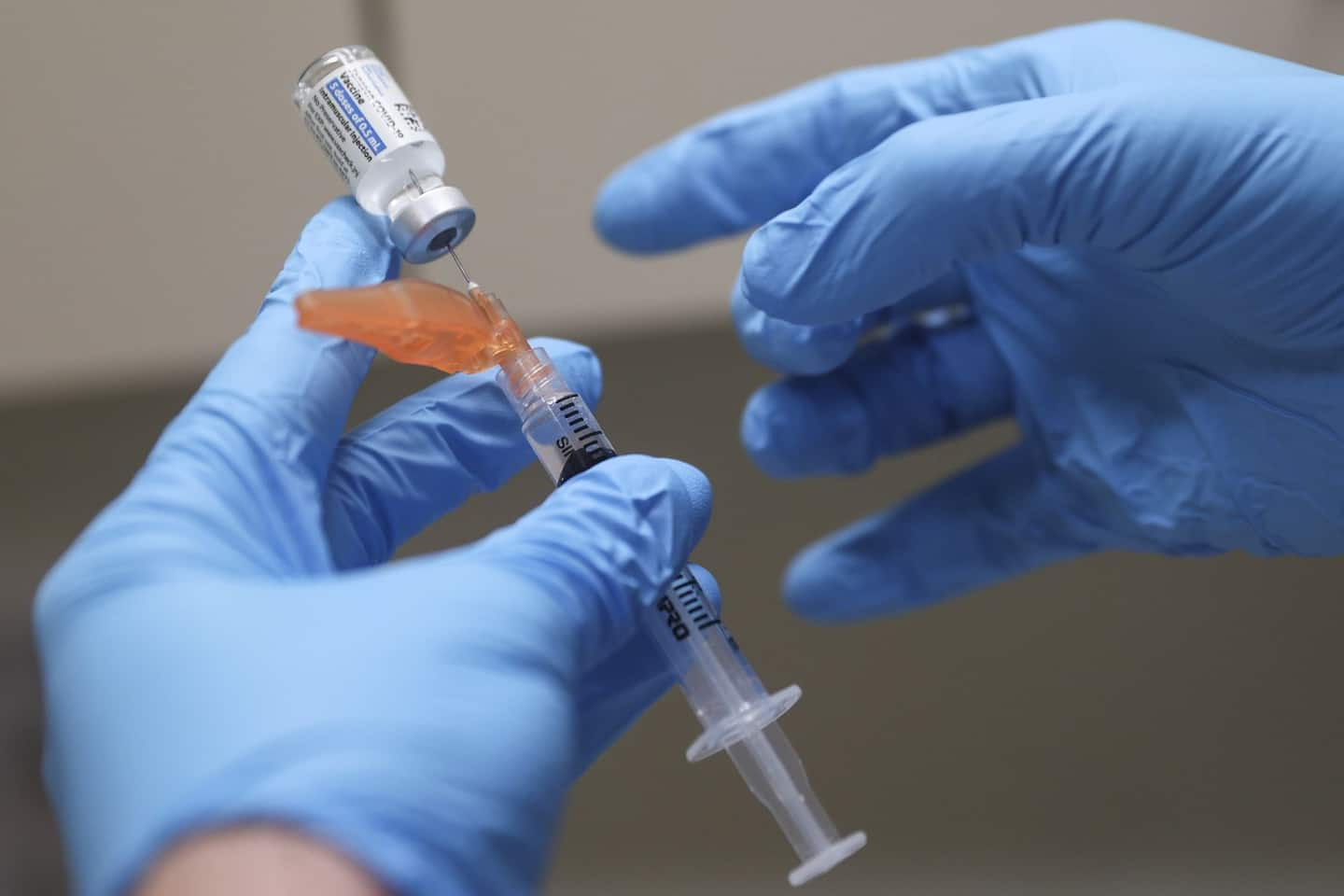Why the Johnson & Johnson pause should bolster confidence in vaccines

First, federal health officials made exactly the right decision. Any concerning safety signals should be investigated immediately. Even with an incidence of one in a million (there have been six cases of this clotting disorder out of nearly 7 million doses administered), the FDA and CDC made the right call to recommend this vaccine be put on hold. With so much scrutiny on vaccine safety, an abundance of caution bolsters public confidence.
I also commend the agencies for their commitment to transparency. Soon after releasing a written statement, they held a news conference in which officials were upfront about what they know and don’t know. What they know is that six women between the ages of 18 and 48 were diagnosed with cerebral venous sinus thrombosis (CVST), a potentially severe condition that involves blood clots in the brain. This was accompanied by thrombocytopenia, or low levels of blood platelets. Their symptoms occurred between six and 13 days after they received a Johnson & Johnson vaccine.
Health officials emphasized that one reason for the pause is to alert clinicians. Typically, patients with CVST are treated with the blood thinner heparin, but heparin in patients whose blood clots may be vaccine-related could worsen their condition or even be fatal. Other treatments should be used instead, and clinicians should consult hematology specialists in these situations.
Here’s what we don’t know: Why is it that all the individuals who developed CVST are women under 50? Might the women have underlying medical conditions that increased their risk? Further investigation will be key, and it may turn out that this vaccine is best avoided for certain populations but fine for others.
Second, it’s critical that the entire medical community — and the media — emphasize that the CVST concern applies only for the Johnson & Johnson vaccine. This vaccine uses an adenovirus vector to introduce a harmless piece of coronavirus that triggers our immune systems to produce antibodies. The AstraZeneca vaccine, which has been associated with rare blood clots in other countries, uses a similar mechanism. (The AstraZeneca vaccine has not yet been authorized in the United States.) The Pfizer and Moderna vaccines, by contrast, use a totally different platform, with messenger RNA, and have been given to more than 100 million Americans with no safety red flags. To the contrary, these vaccines have already prevented countless infections and deaths from the coronavirus.
No one should worry about the Pfizer and Moderna vaccines as a result of the Johnson & Johnson pause. In fact, I hope that people feel even more reassured about these vaccines, because they are seeing how careful our regulatory agencies are, how thoroughly they investigate safety concerns, and how quickly and transparently they report potential problems.
Third, I think it’s important that we acknowledge the disappointment around the Johnson & Johnson news. Many health departments had plans to utilize this one-dose vaccine in doctor’s offices that lack ultra-cold storage to reach homebound individuals. They also hoped to offer an alternative for those who prefer the convenience of one inoculation to two. Having to change these plans could result in a substantial setback in vaccination efforts in the United States and around the world.
What happens next? Scientists at the FDA and CDC are proceeding with their investigations and will offer further recommendations, likely within days. They will look for causality between the vaccine and CVST and try to determine whether the individuals with CVST share a common medical condition. If so, they could provide guidance specific to that condition or, as some European countries have done for AstraZeneca, issue age-based recommendations.
In the meantime, this is what I am telling my patients — and myself: The incidence of CVST is extremely low. People who are within three weeks of having received the Johnson & Johnson vaccine should call their doctor if they have a severe headache, shortness of breath, abdominal pain or one-sided leg or arm swelling. Those who received the Pfizer or Moderna vaccines should not be concerned, and those who have not yet been inoculated should still sign up to be vaccinated as soon as possible. The most important takeaway remains that covid-19 is a major health threat that’s claiming hundreds of lives every day in the United States, and the carefully and thoroughly vetted vaccines we have remain our best and only way out of the pandemic.
Read more:






